France to withdraw over 2,000 troops from Africa's Sahel, close bases in north
French President Emmanuel Macron says his country will withdraw more than 2,000 troops from West Africa’s Sahel region in the coming months.
During the past years, the former colonial power has maintained military intervention in the volatile area under the pretext of fighting terrorism, but has failed in its purported mission.
After talks in a virtual summit with the leaders of five West African nations at the Elysee presidential Palace in Paris on Friday, Macron said France will pull out over 2,000 troops from its Barkhane force in Africa’s Sahel region by early next year and instead pivot its military presence to specialized regional forces.
The French Barkhane force, operating in Mali, Chad, Niger, Burkina Faso and Mauritania, currently has 5,000 troops in the region.
Macron said France would focus over the next six months on dismantling the Barkhane operation, closing bases in Sahel's north and reorganizing troops in the south of the region.
“France will first move its troops further south and then later start reducing their presence to around half the current level of some 5,100 soldiers,” he said.
“The French military will shut down Barkhane bases in Timbuktu, Tessalit and Kidal in northern Mali over the next six months, and start to reconfigure its presence in the coming weeks to focus particularly on the restive border area where Mali, Burkina Faso and Niger meet,” he added.
Macron also repeated claims that France’s military presence in the future will focus on neutralizing extremist operations and strengthening and training local armies.
Nigerien President Mohamed Bazoum told a news conference after the Friday’s summit that he supported the French troop reduction, amid widespread criticism that the security situation in the region has worsened despite the French military presence.
"Five thousand French troops in Mali will not fix the problems in Niger, Burkina Faso, Ivory Coast or elsewhere. That is clear, and we must understand that," he said.
The French president announced last month that his country was ending its Barkhane mission eight years after it first intervened in the Sahel and would operate within a broader international alliance.
The announcement came as leaders of countries in West Africa’s Sahel region have abandoned their hopes in purported counter-terrorism efforts by France and started negotiating with armed militants to bring peace to the restive region.
The Sahel, a semi-arid stretch of land south of the Sahara desert, has been in turmoil since 2012, when a number of armed separatists started targeting the local population in Mali.
As a former colonial power seeking significant military presence in Africa, France decided to send thousands of soldiers in 2013 to try to prevent separatist forces from reaching Mali’s capital, Bamako.
Last year, France boosted its troop numbers for its so-called Operation Barkhane in the Sahel by 600 to 5,100 soldiers, but with the military presence failing to bring the situation under control, the UN also deployed its peacekeeping forces in the region.
Terrorist groups, linked to al-Qaeda and Daesh, have strengthened their foothold across the arid Sahel region, making large swathes of territory ungovernable and stoking local ethnic violence, especially in Mali and Burkina Faso.
The terrorist outfits have used central and northern Mali as a launch pad for growing numbers of attacks across the Sahel region, especially on neighbors Niger and Burkina Faso, despite the presence of French troops.
A poll published earlier in the year found for the first time that a slim majority of French people viewed the military intervention in the Sahel unfavorably.
The United Nations declared in July last year that the spread of terrorist attacks in West Africa was so fast that the region had to consider bolstering its response beyond current military efforts.
In 2017, Burkina Faso, Niger, Chad, Mali, and Mauritania launched the G5 Sahel task force to counter militancy in the region.
Since the crisis began, thousands of people have been killed and more than a million displaced.
Almost 7,000 people died due to the fighting last year, according to the Armed Conflict and Location Event Data Project, while the UN declared recently that more than two million people have now been forced to flee their homes because of the conflict, a number that has quadrupled since 2019.
More than 14 million people in Mali, Niger and Burkina Faso are now in urgent need of humanitarian assistance.
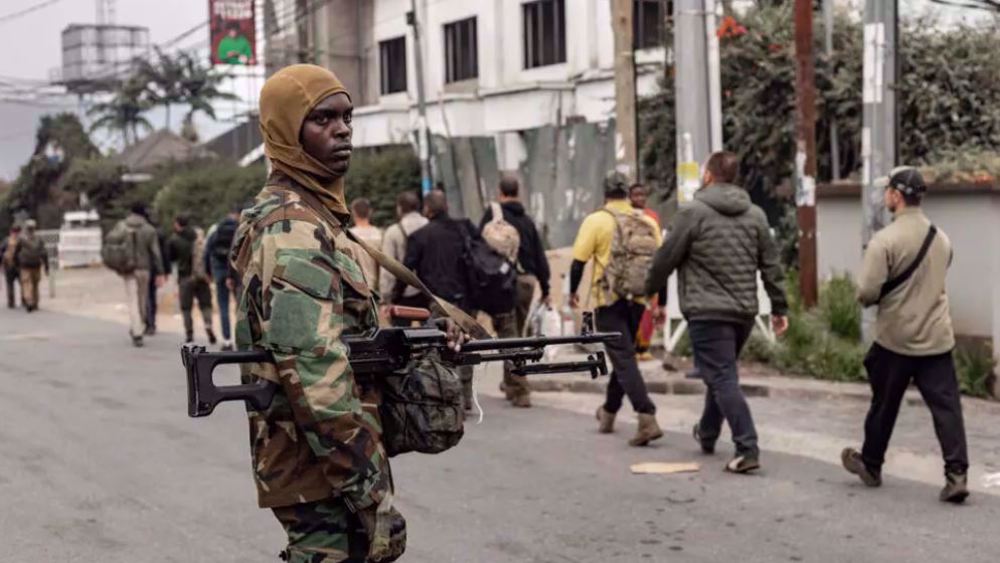
7,000+ killed in eastern DR Congo since January: PM
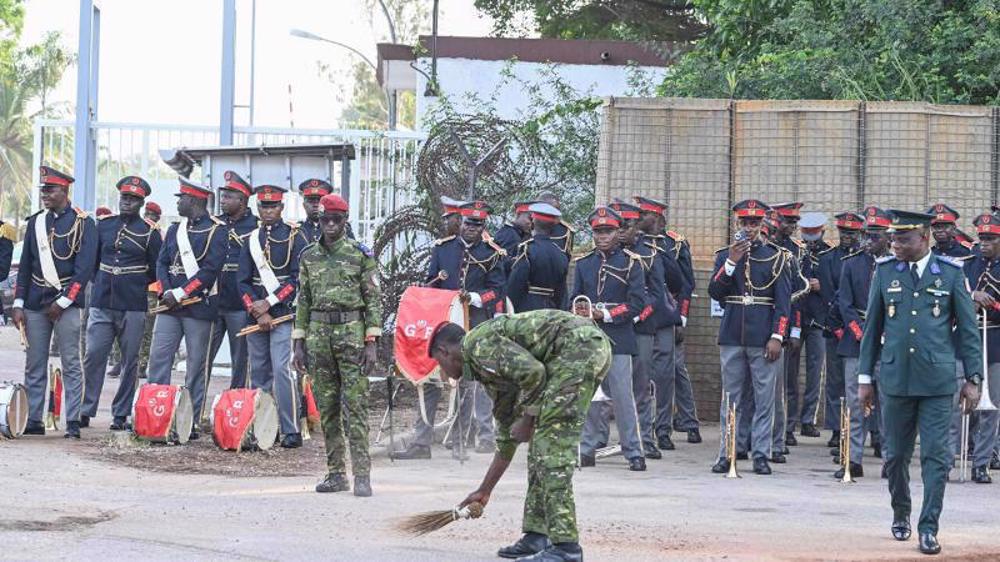
France hands back sole military base in Ivory Coast
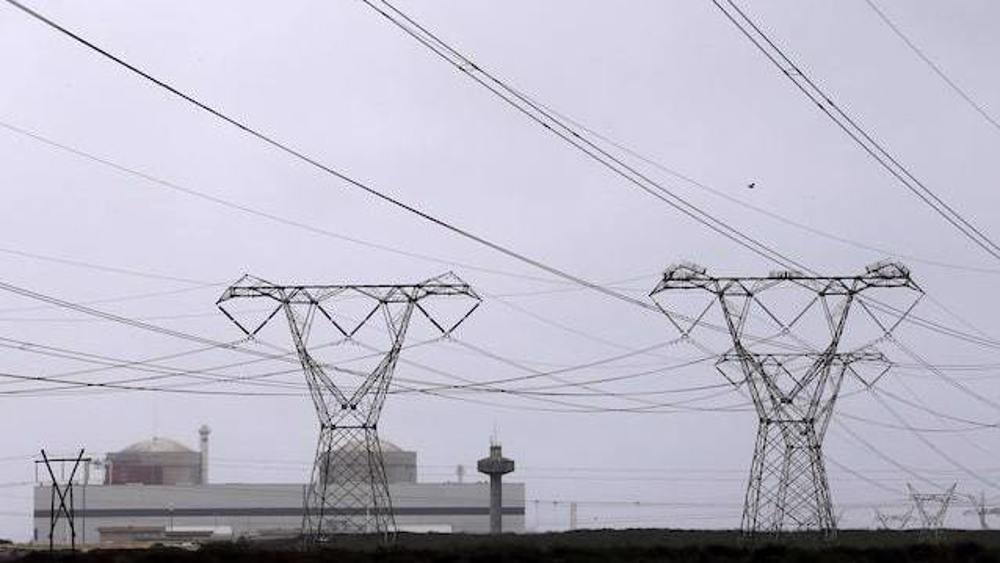
South Africa open to nuclear cooperation with Iran and Russia, despite US threats
Iranian flotilla makes port call in India with 'friendship message'
How UK counter-terror police colluded with Zionists to detain me after Beirut trip
Biden, Blinken, Austin referred to ICC over Gaza war crimes
EU will 'do the same' if US implements tariff hikes: France
VIDEO | Press TV's news headlines
British celebrities condemn BBC removal of Gaza documentary
Iran Army acquires tactical vehicles, audio surveillance systems
VIDEO | UK police detain anti-Zionist scholar upon return from Lebanon


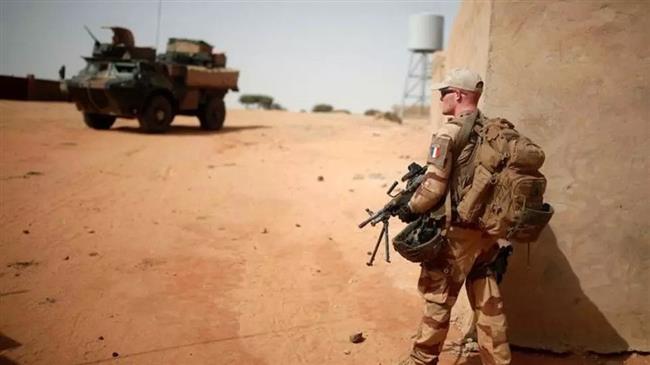
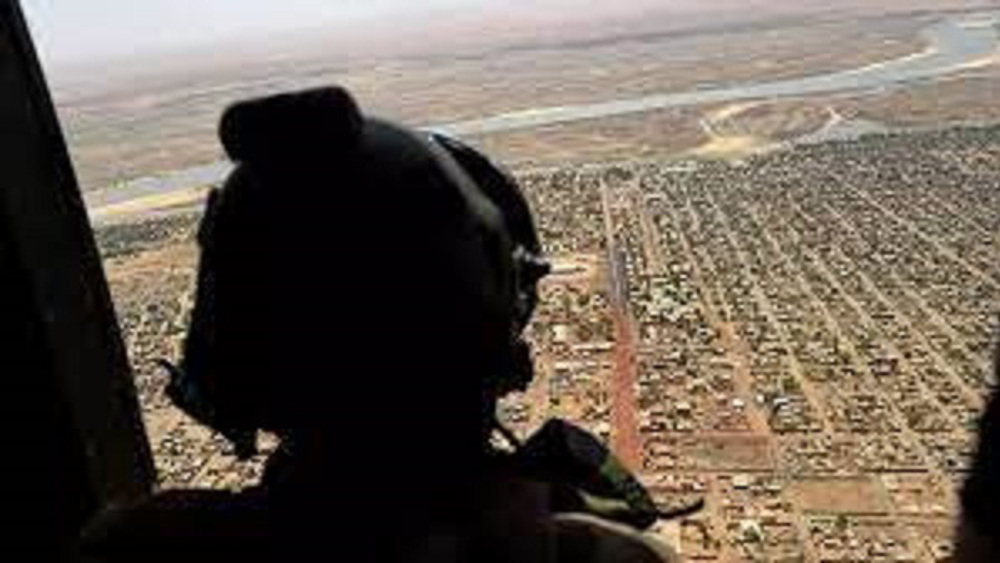
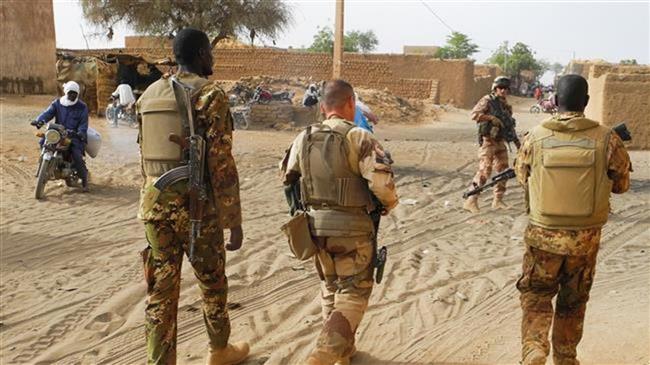



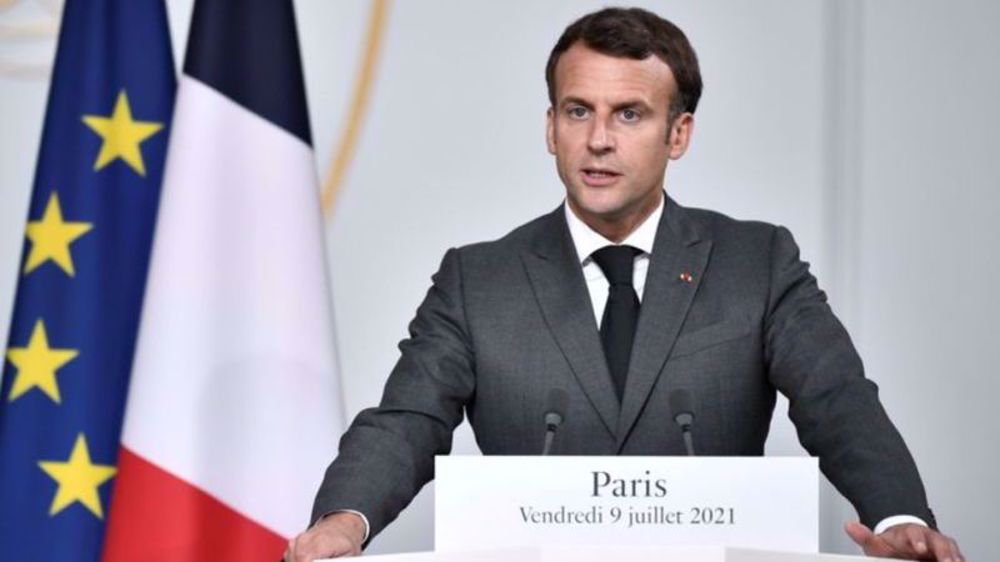


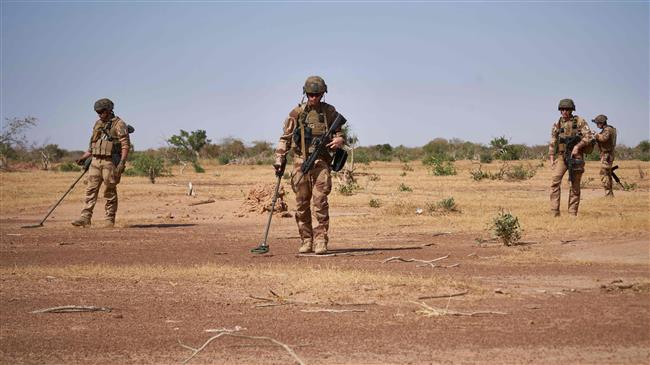
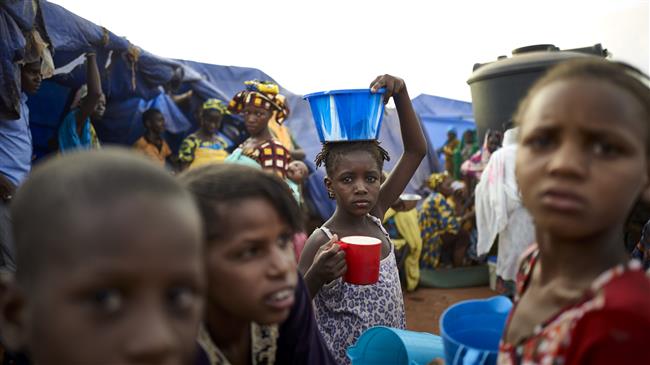

 This makes it easy to access the Press TV website
This makes it easy to access the Press TV website